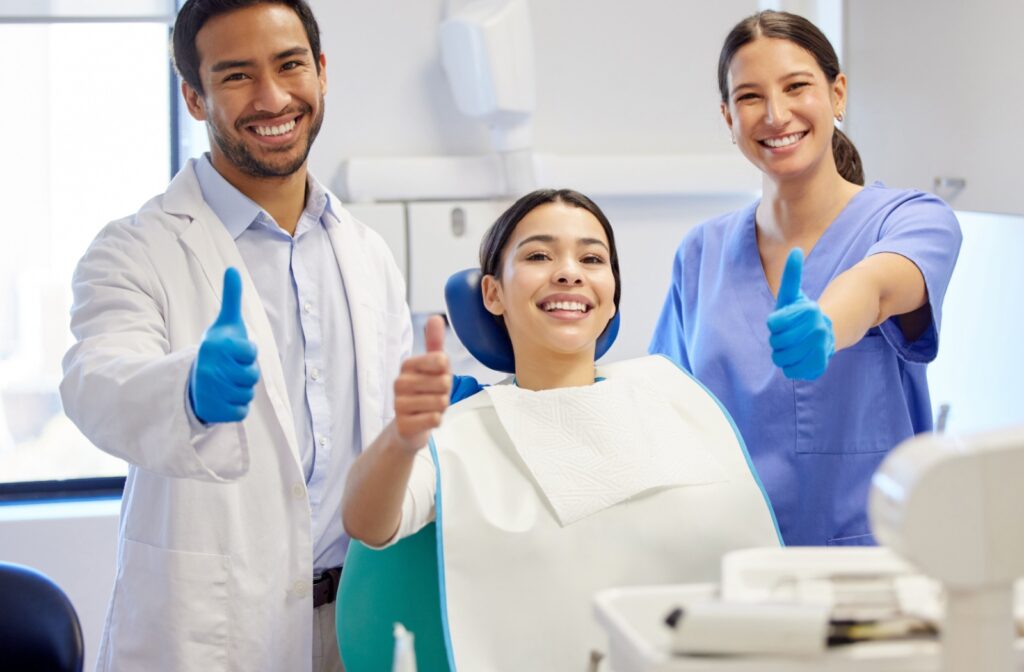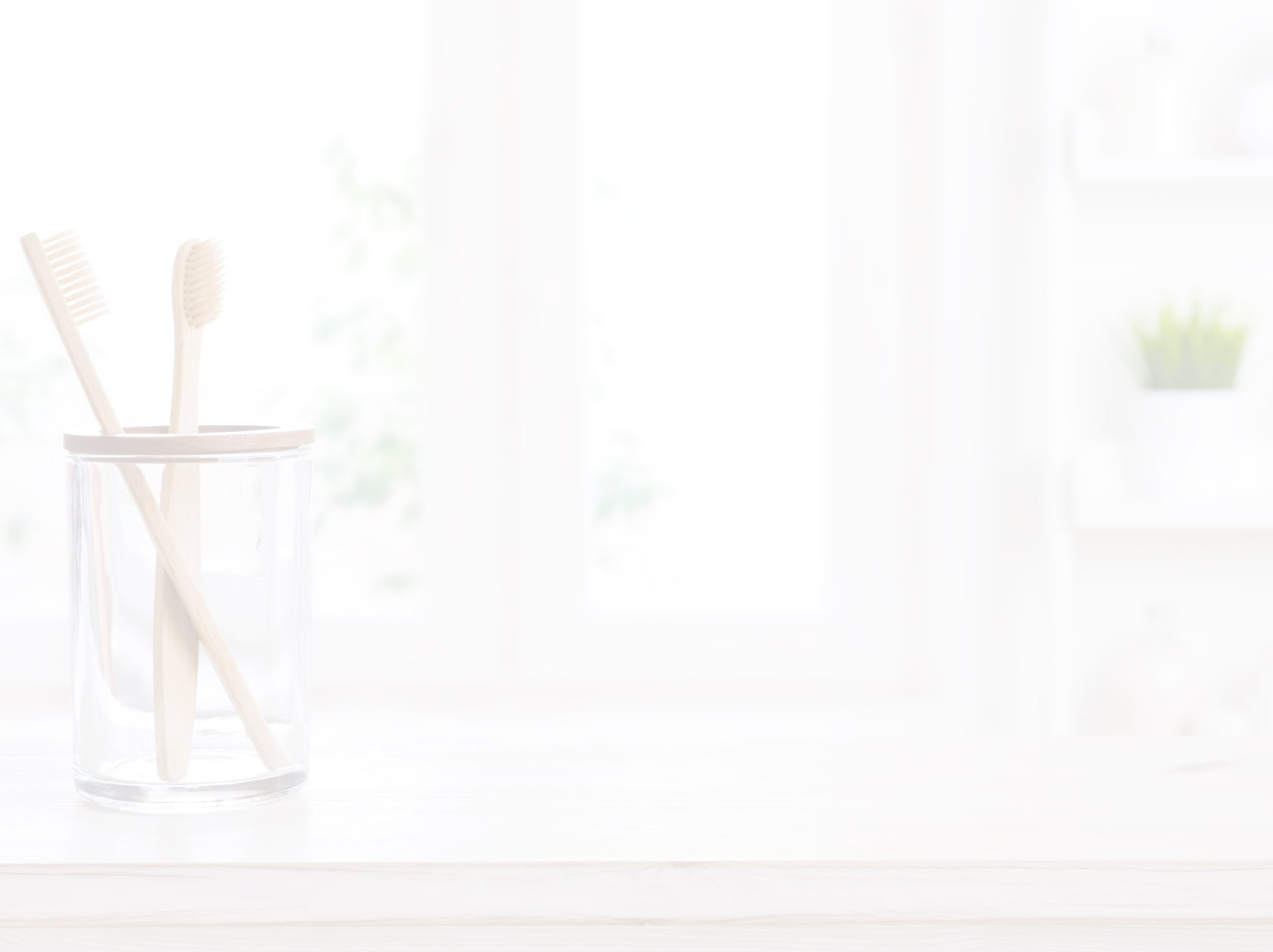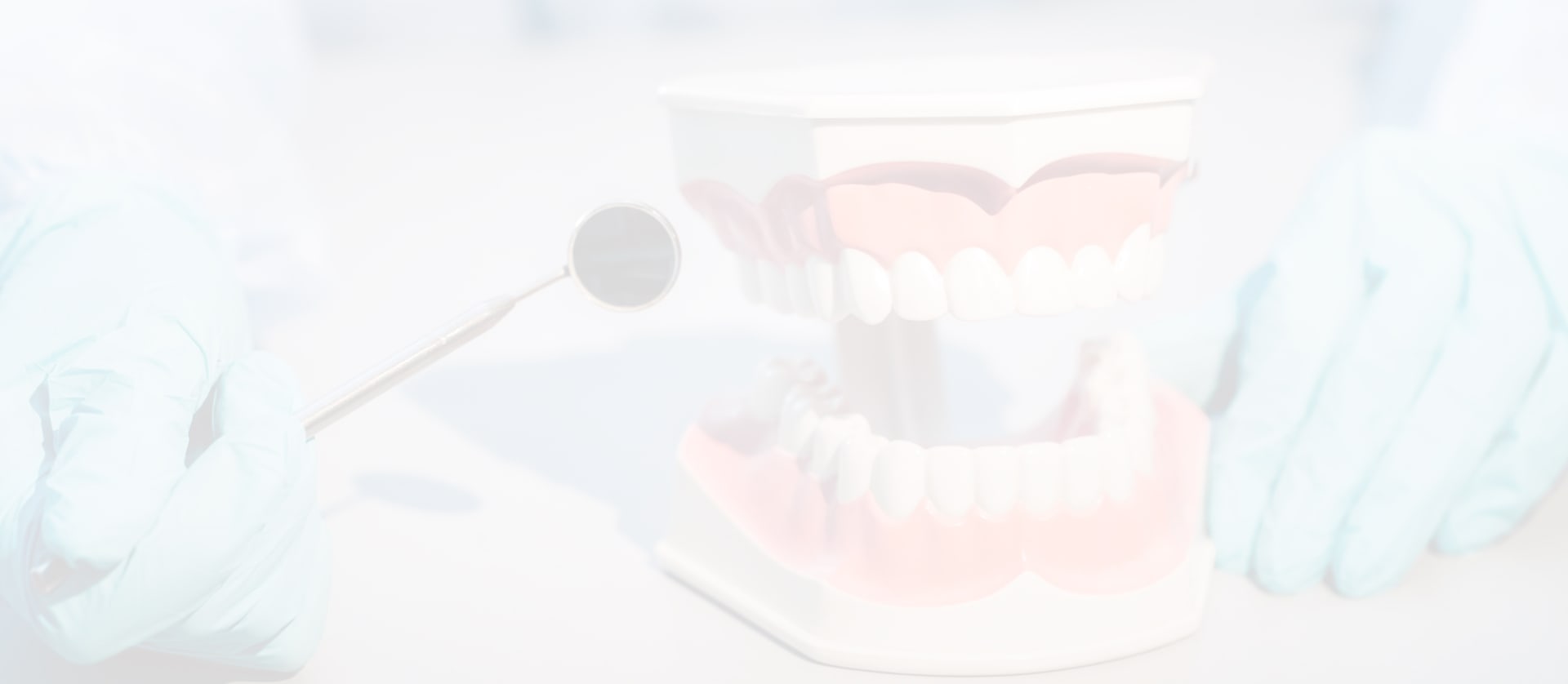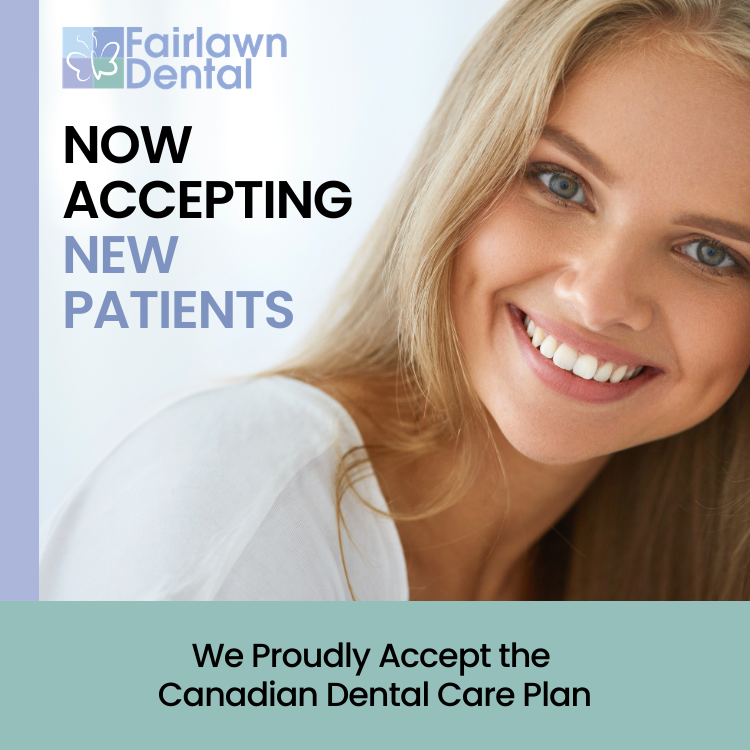A dental recall exam is a checkup for your oral health. The goal of a dental recall exam is to detect, monitor, and treat any ongoing health concerns early.
When you first visit a new dentist, the initial dental exam provides an in-depth and comprehensive understanding of your oral health. During this initial visit, you’ll likely be asked about your medical history and undergo dental x-rays that provide detailed images about the health status of your teeth and bite. You’ll also have a chance to discuss other issues you may be experiencing, such as grinding your teeth at night or whether you have gingivitis.
After your initial comprehensive exam, it’s advised to have a recall examination every 6 months, to continue to monitor the status of your oral health. These recall exams are otherwise known as routine exams and cleanings, and they play a vital role in maintaining good oral health.
Importance of Dental Recall Exams
Dental recall exams are standard practice in the dental care industry. They are necessary for everyone, regardless of age or dental history. Whether you have a perfect smile or have had extensive dental work, recall exams are vital for everyone.
These exams allow dentists to catch potential problems early, increasing the chances of successful treatment and helping reduce the need for more advanced dental treatments. Those benefits can save you time, discomfort, and money.
The benefits of visiting your dentist for a recall exam extend beyond just identifying problems and treating them early. They also include professional cleanings that help remove plaque and tartar buildup.
What Can Dentists Detect During a Recall Exam?
Several dental concerns can be detected during a recall exam, such as:
- Cavities: One of the most prevalent issues that can be identified during a recall exam is the development of cavities. Dentists can catch these early signs through visual inspection and X-rays, allowing for timely treatment.
- Gum Disease: Early stages of gum disease often present with subtle symptoms like swollen or bleeding gums. During a recall exam, your dentist will check for these signs and may recommend cleanings or treatments to prevent the escalation to more severe gum disease, which can lead to tooth loss.
- Oral Cancer: Routine exams allow dentists to conduct oral cancer screenings, identifying any unusual lesions or growths early on.
- Worn or Damaged Dental Work: Sometimes, previous dental treatments, such as fillings, crowns, or bridges, can wear down or become damaged. Recall exams allow your dentist to evaluate the condition of this work, confirming it’s still supporting your oral health.
- Tooth Sensitivity or Wear: Issues like tooth sensitivity or unusual wear patterns can indicate underlying problems, such as grinding your teeth at night or improper alignment. Recall exams provide an opportunity for your dentist to assess these conditions and recommend suitable interventions to protect your teeth.
By prioritizing these routine appointments, you can enjoy your vibrant, beautiful smile for years to come.
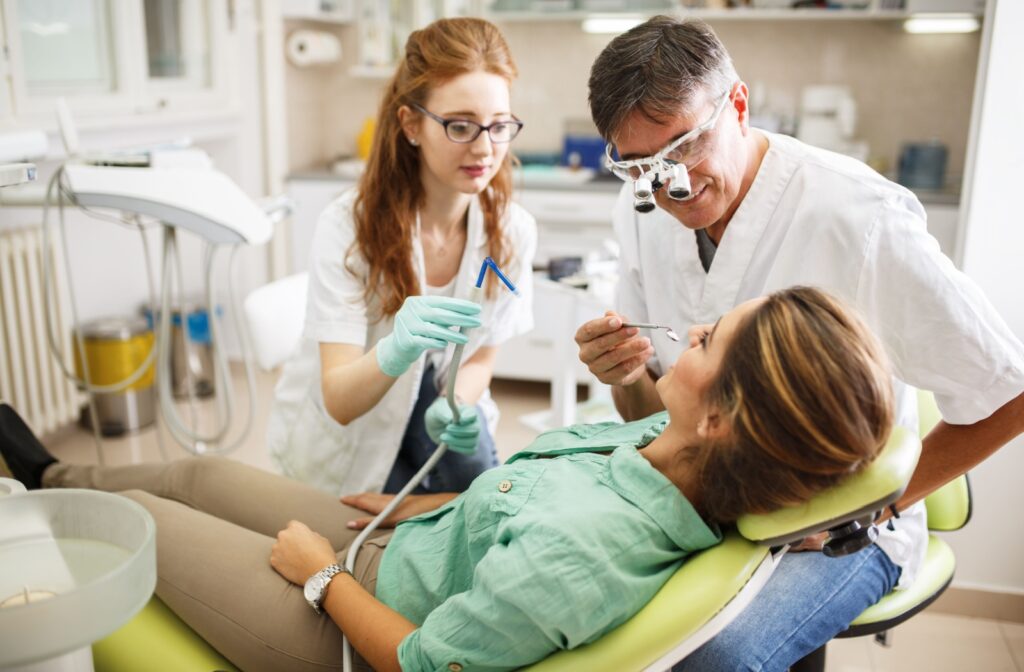
Routine Visits Matter Even with Good Oral Home Care
Brushing your teeth twice a day and regular flossing are great home care practices that contribute to your oral health. However, visiting your dentist for routine exams and professional cleanings offers benefits that go beyond what you can achieve at home.
First, even with excellent at-home care, certain dental issues can remain undetected without professional oversight. Conditions like early-stage gum disease or cavities might develop in areas that are difficult to clean thoroughly.
The immediate benefits of a professional cleaning include removing tartar buildup that regular brushing and flossing might miss. Once plaque hardens into tartar, it can only be removed by a dental professional.
In addition to catching potential concerns early, your dentist can offer tailored advice and treatment options based on your unique oral health status. They can identify habits or health conditions that may impact your oral well-being, providing preventive measures that are often not addressed during at-home care.
What to Expect During a Dental Recall Exam
Depending on your needs, a dental recall exam can range from a routine experience to a comprehensive assessment. You might experience several of the following tests and procedures:
- Medical History Review: Upon arrival, you may be asked if there have been any changes to your medical history. Knowing this information is vital for your dental team, as certain health conditions and medications can impact dental health.
- X-rays (if applicable): If it’s been a while since your last X-rays, or if the dentist deems it necessary, you may have new X-rays taken. These images provide a comprehensive view of the teeth and jaw, helping to identify issues that may not be visible during a visual examination.
- Cleaning: The dental hygienist will perform a professional cleaning, which involves using tools to remove plaque and tartar buildup from the teeth. This process generally includes scaling and polishing teeth to eliminate surface stains and refine the enamel’s smoothness.
- Assessment: Once your cleaning is done, your dentist will start with an assessment of your oral health. This includes taking a visual inspection of the mouth to check for any obvious issues like cavities or gum health.
Schedule an Appointment
Dental recall exams are part of a preventive approach to oral healthcare, helping to save you from discomfort, time, and money down the line. Connect with our team at Fairlawn Dental Centre to schedule an appointment for your next dental exam or ask us any questions you may have.


